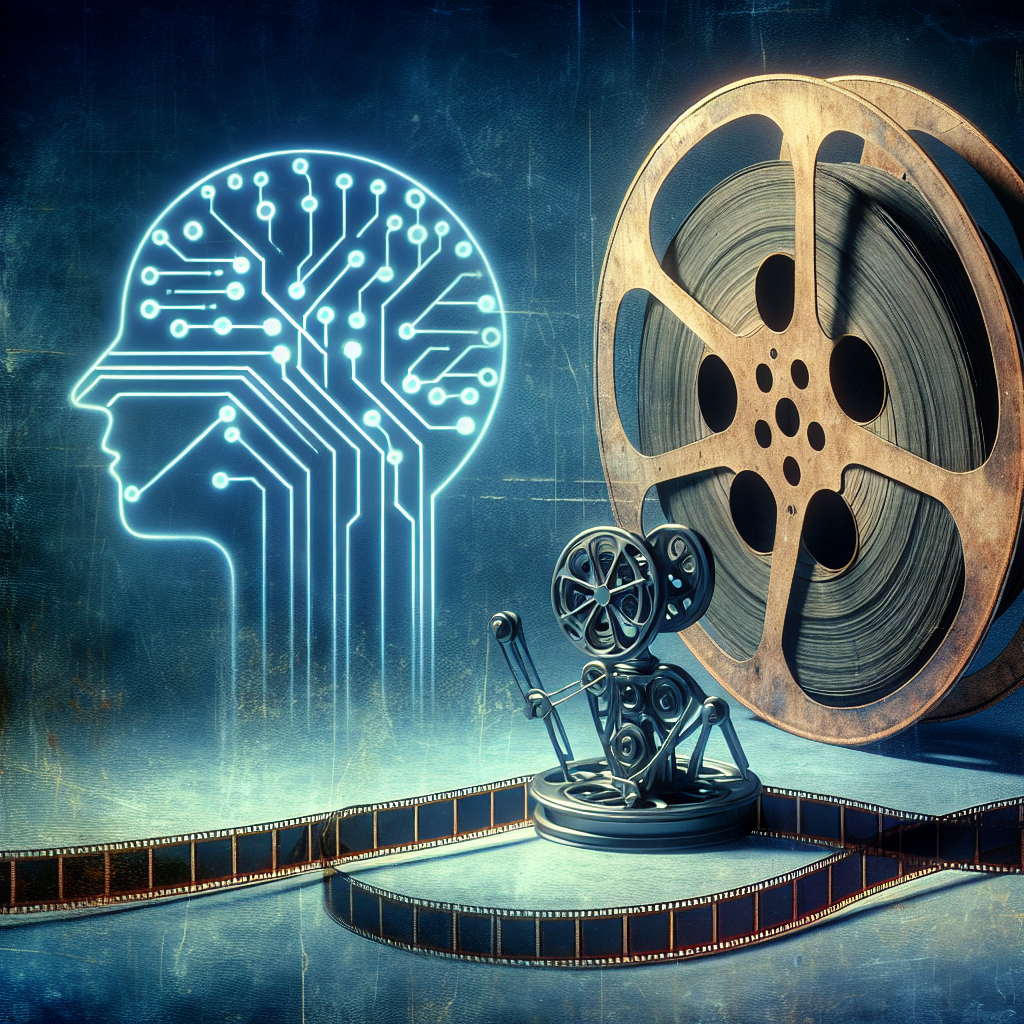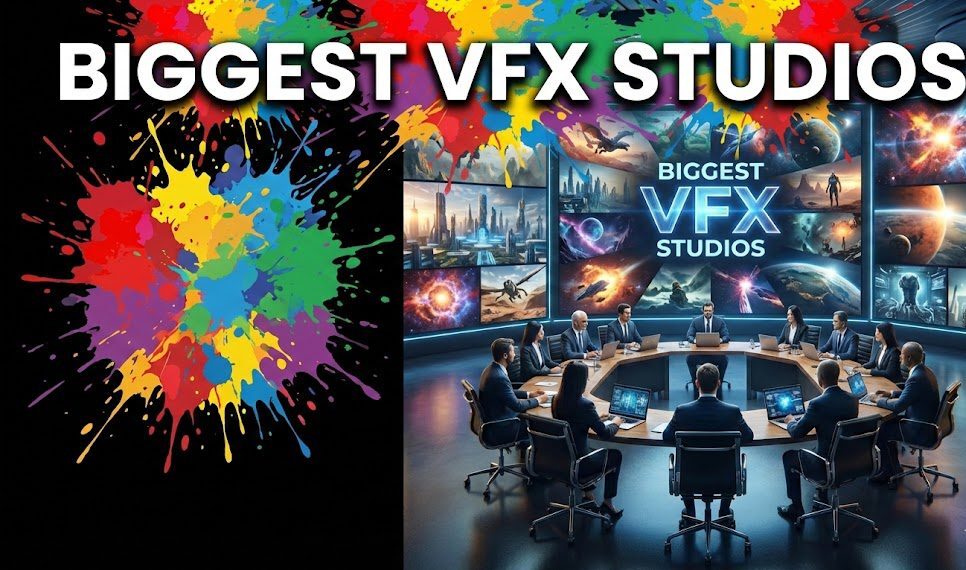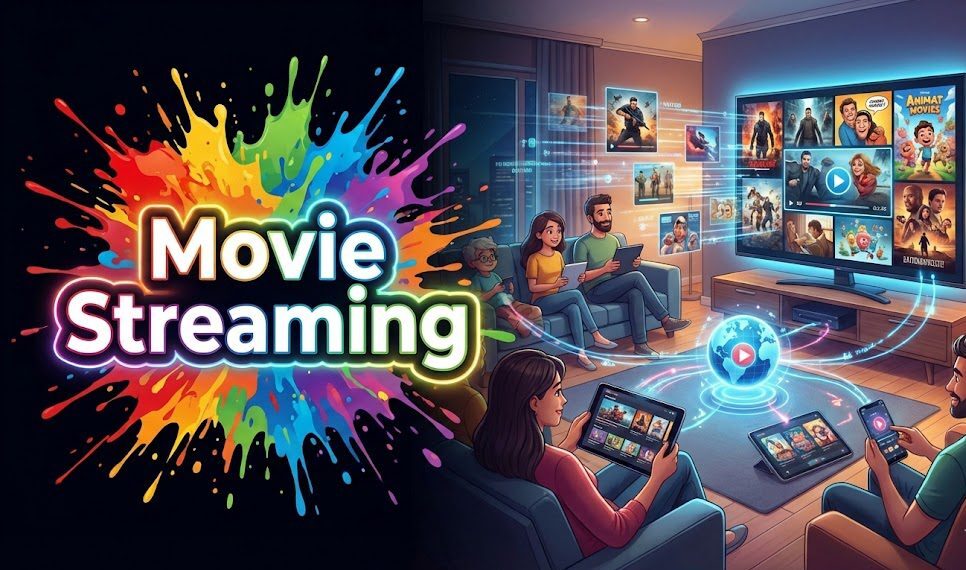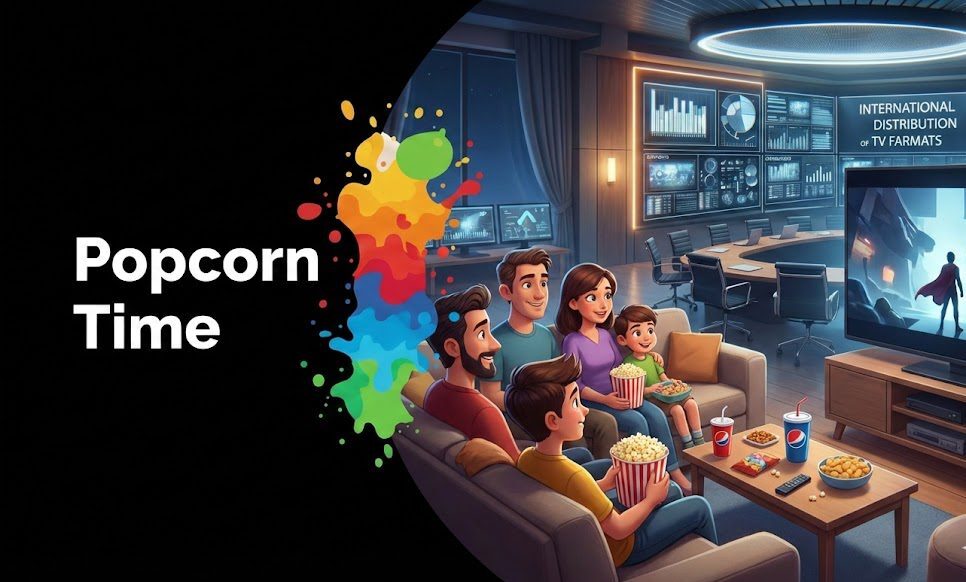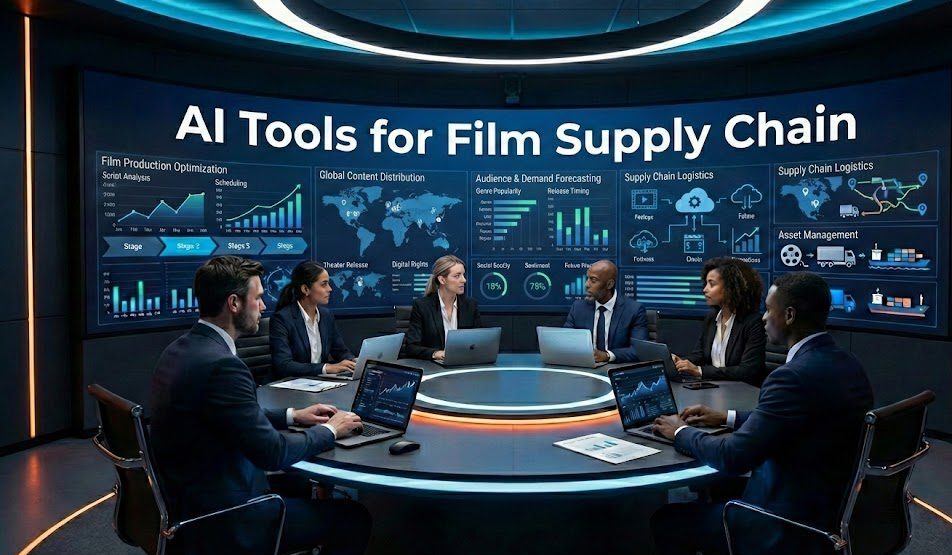Imagine a world where classic films from the golden age of cinema are fading away, deteriorating beyond repair. As a Content Acquisition Executive, Content Distribution Leader, or Production House Executive, this scenario would be your worst nightmare. The preservation of film history is crucial not only for cultural heritage but also for the entertainment industry’s future. This is where Artificial Intelligence (AI) comes into play, offering innovative soutions to restore and preserve film history for generations to come
Reimagine Possibilities with AI at Your Fingertips!

The Importance of Film Preservation in the Digital Age
In today’s digital age, the sheer volume of content being produced and distributed across various platforms is staggering. With the rise of streaming platforms and on-demand viewing, classic films risk being overshadowed by new releases. As a Post-Production Manager, Localization Head, or Content Financing & Investment Executive, you understand the value of preserving film history for both current and future audiences.
AI technologies can assist in the restoration and preservation of classic films by automating the process of digitizing, cleaning, and enhancing old footage. By utilizing machine learning algorithms, AI can analyze and repair damaged frames, remove scratches and dust, and even colorize black and white films. This not only saves time and resources but also ensures that the original quality of the film is retained.
Achieve More with AI-Enhanced Capabilities!

Real-World Examples of AI in Film Restoration
One notable example of AI in film restoration is the restoration of the 1960 classic film “La Dolce Vita” by director Federico Fellini. The restoration process involved scanning the original film negatives and using AI algorithms to remove scratches and dust, resulting in a pristine digital version that preserved the film’s artistic integrity.
Another example is the restoration of the 1927 silent film “Metropolis” by director Fritz Lang. AI technologies were used to analyze and repair damaged frames, enhance image quality, and even recreate missing scenes based on historical references. The restored version of “Metropolis” received critical acclaim and introduced a new generation of viewers to this cinematic masterpiece.
Key Takeaways
– AI technologies offer innovative solutions for restoring and preserving film history.
– Machine learning algorithms can automate the process of digitizing, cleaning, and enhancing old footage.
– AI can help save time and resources while ensuring the original quality of classic films is retained.


